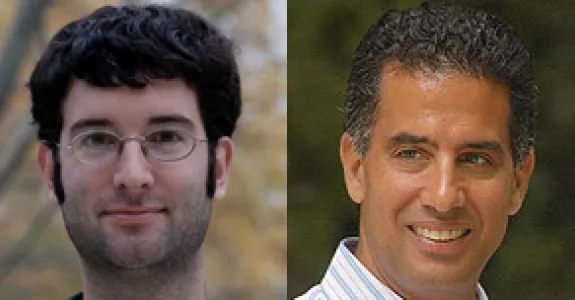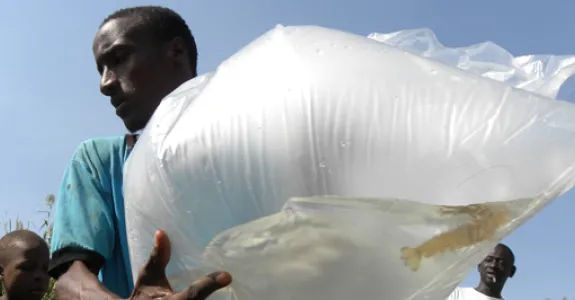
Dr. Schneider's laboratory study innate immunity and microbial pathogenesis. We have been studying models for a variety of bacterial infections including: Listeria, Mycobacteria, Salmonella and Streptococcus as well as some fungi, malaria and viruses. Their current focus is to determine how we recover from infections.
They are using a new approach to study the outcome of infections. They are starting by plotting health by microbe number over the course of infections. This produces characteristic phase plots that they think can be used to predict the outcome of infections and to define appropriate treatments. They like to assess "health" in whole animals rather than in vitro but they use a large range of tools ranging from genetics, to microarray analyses to flow cytometry.
They focus on two models. They recently started working on a mouse model for malaria in which we follow the progress of a Plasmodium chabaudi infection. They are making extremely mutlivariate plots of the disease process. Their goal is to define "biovectors" that predict the outcome of infection and to identify the physiological mechanisms required for recovery from infections.
They continue to work on fruit flies as a model for microbial pathogenesis. Here they take advantage of the spectacularly deep genetic tools available to Drosophila geneticists to discover mechanisms involved in pathogenesis and the recovery from infections.


